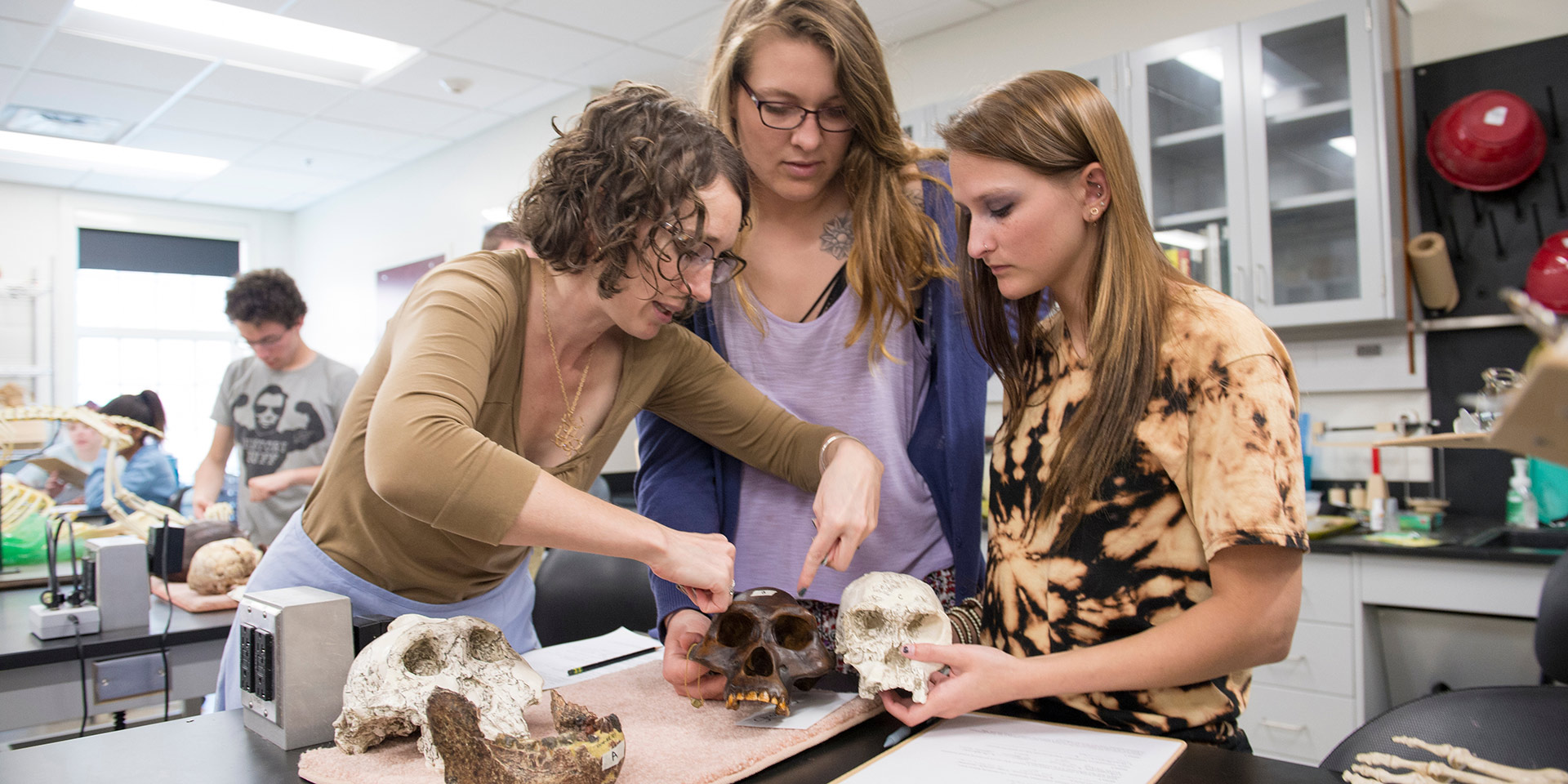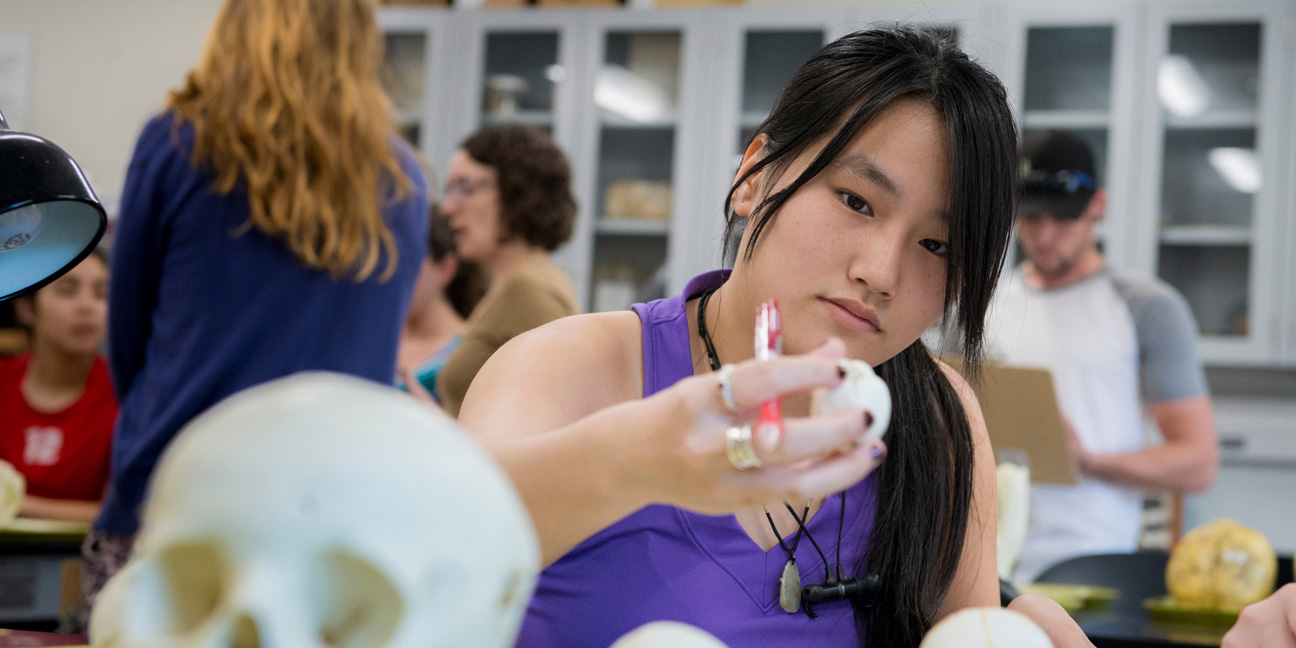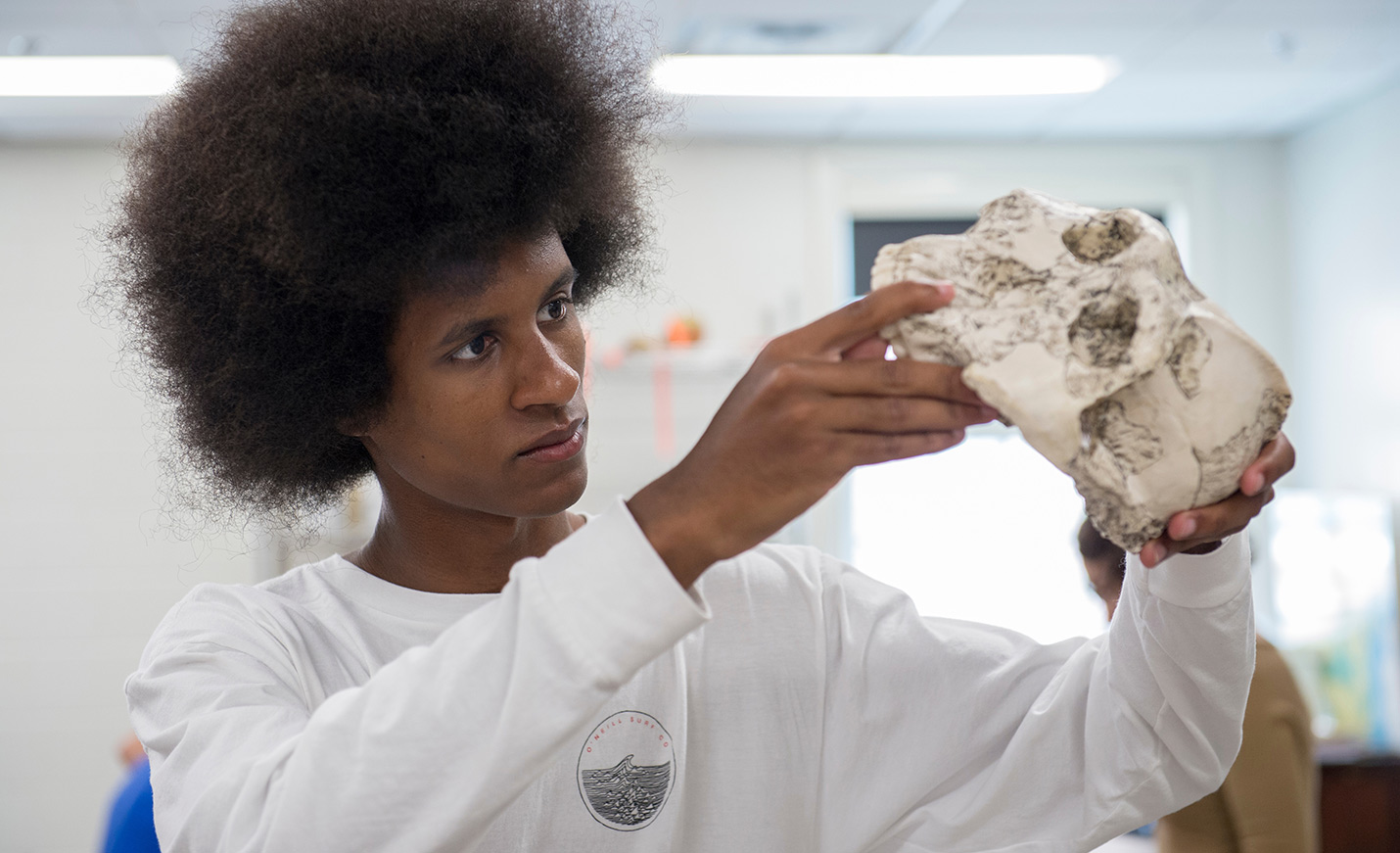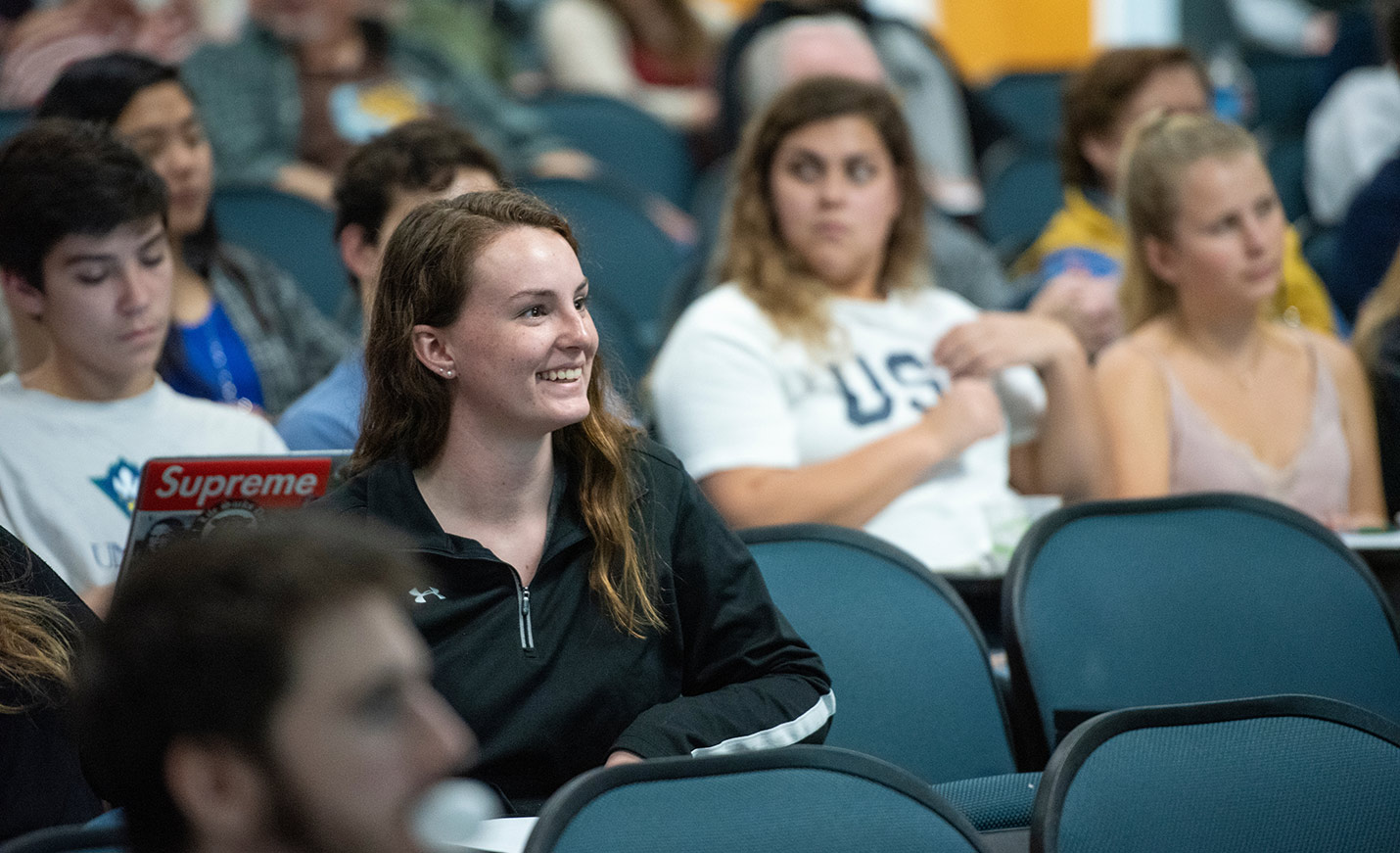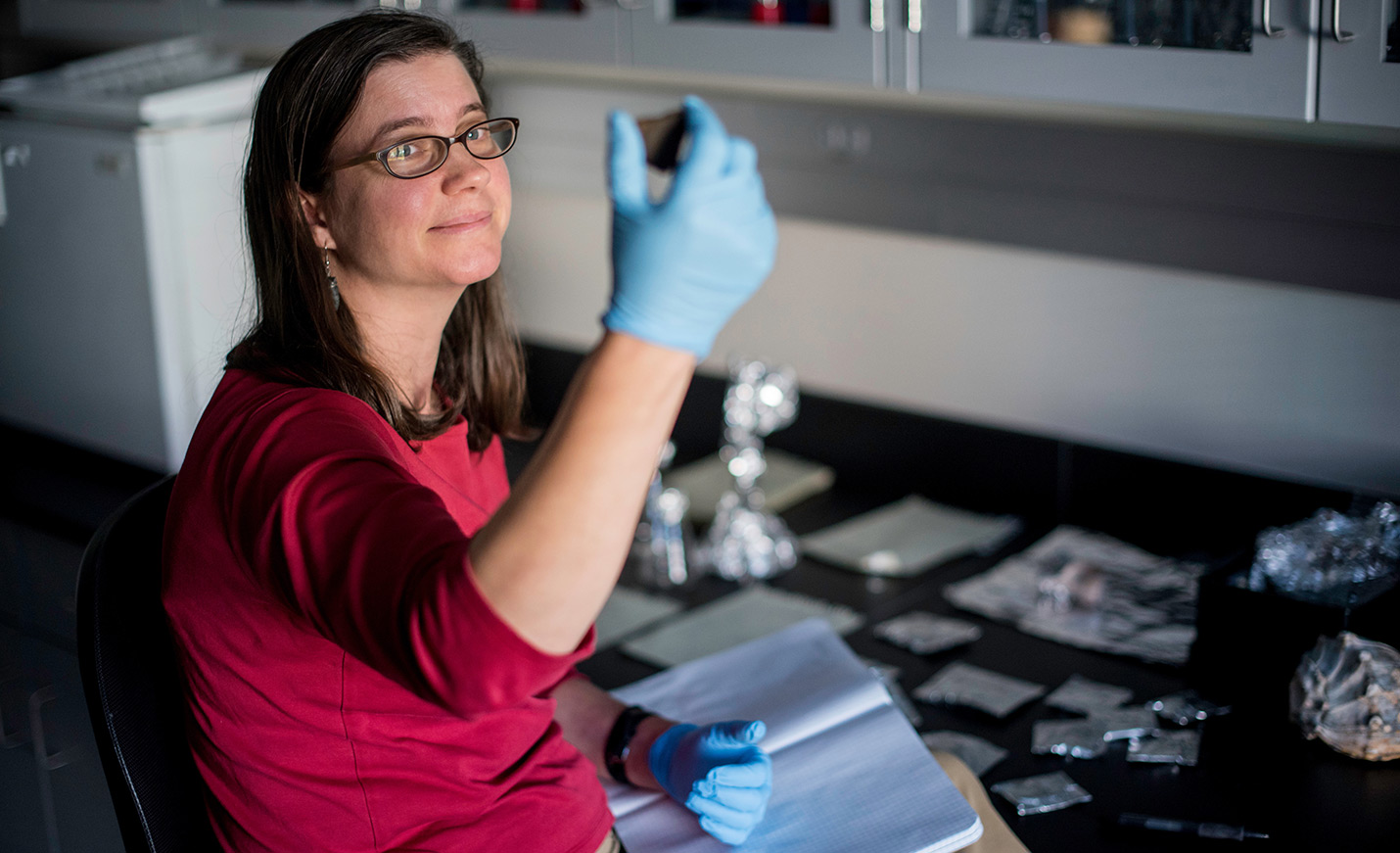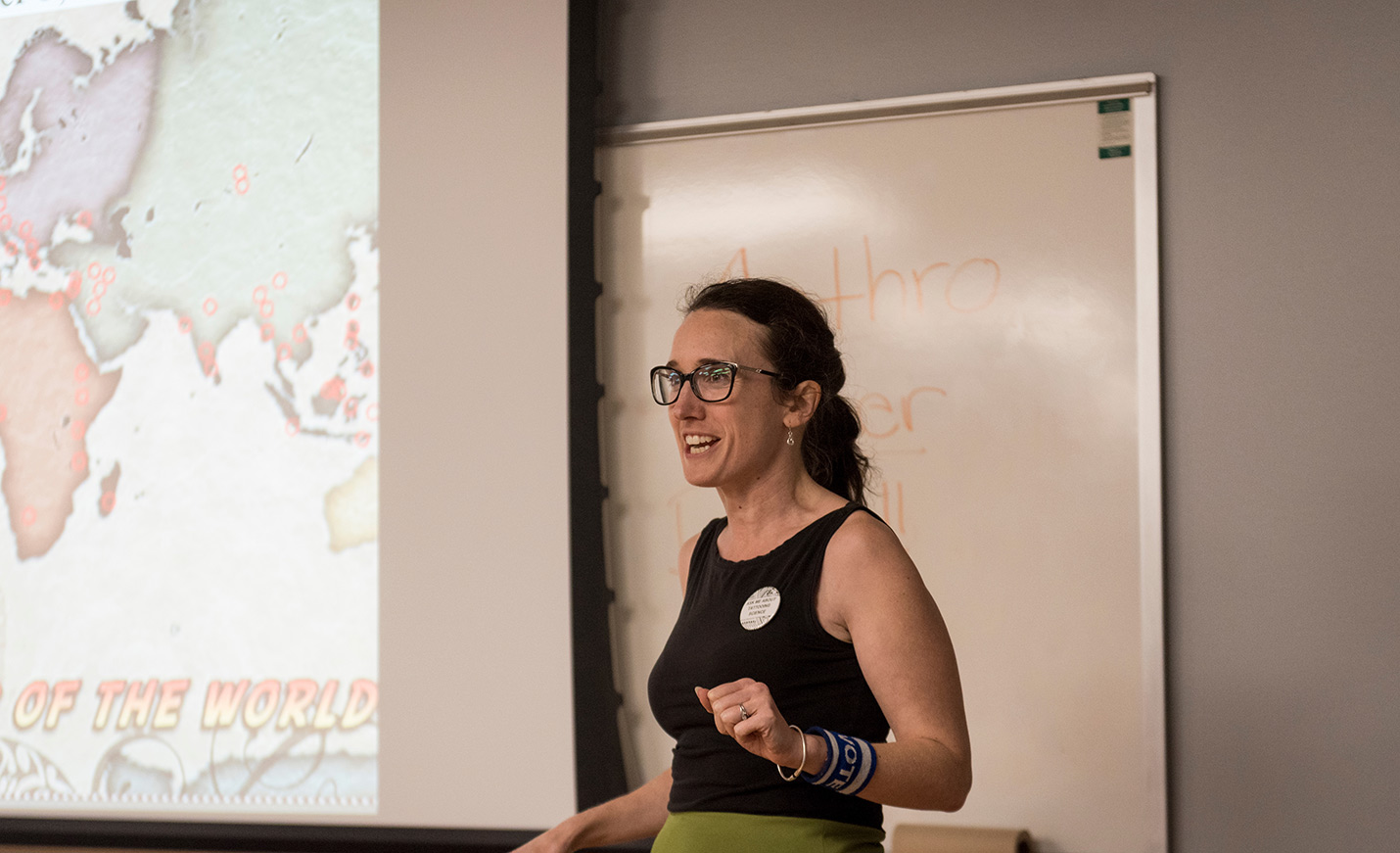Our program offers experiential learning opportunities, including archaeological and bio-cultural field schools, lab courses in archaeology, osteology, and human biological variation, as well as many internships with local museums, field sites and organizations.
Most experiential opportunities give you the chance to engage with and make a difference in the local or regional community and put your anthropological training in service to the common.
The program offers a wide range of coursework from all the major subfields of the discipline, allowing you to explore all aspects of anthropology and develop their specific interests.
Teaching Licensure
You can earn a North Carolina teaching license in addition to your undergraduate degree.
For information on the teacher education program admissions criteria and the courses required for licensure in North Carolina, see the Watson College of Education section of the undergraduate catalogue.
If you are planning to pursue the social studies teacher licensure, you should apply to the Watson School of Education as soon as admissions requirements are met (typically your sophomore year) and plan your program in regular consultation with your advisor.
Teacher licensure requirements are established at the state level and may be changed by the state at any time.

